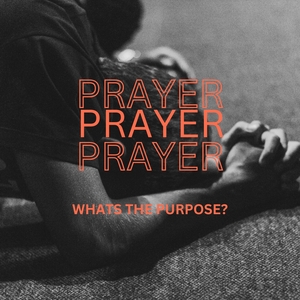In the lesson on Matthew 6:5-13, Pastor Armstrong says it is incorrect to pray to anyone but God the Father. But in Acts 7:59 Stephen prayed "Lord Jesus receive my spirit". Was this not a valid prayer?
When interpreting Scripture, we must make a distinction between passages that are descriptive vs. those that are prescriptive. The Bible describes many events and circumstances, but these descriptions are not necessarily intended to be a prescription for our choices and decisions. The mere fact that something happened once does not make it a rule for us.
For example, the Bible describes David committing adultery with Bathsheba, but we would never try to use David's story as a prescription for believers. The prescription in the Bible concerning adultery is found in Exodus 20:
Ex. 20:14 “You shall not commit adultery.
David's adultery was described in the Bible, but it was not given to us as a prescription for our own behavior. To know what God expects of us in any given situation, we must turn to passages that are expressly prescriptive on the topic (e.g., Exodus 20:14 in the case of adultery).
In the question of how to address God during prayer, the prescription passage in the New Testament is Jesus' instructions in Matthew 6, as Jesus tells us plainly:
Matt. 6:9 “Pray, then, in this way...
This passage is the definitive prescription of Scripture on the question of how to pray. If our question is, "how did Stephen pray?", then we turn to Acts 7 to find our answer, but when we ask, "how does God want ME to pray?", we go to Matthew 6.
Stephen's actions (right or wrong) in Acts 7 do not become a rule for us, especially if his actions contradict Jesus' own command to the Church in Matthew 6. Why did Stephen cry out to Jesus instead of the Father? Probably because it seemed natural for him to do so in a moment of desperation and great distress, since Jesus is our example in times of persecution.
Finally, as Pastor Armstrong taught in his lesson on Matthew 6, if we pray "Dear Jesus..." out of ignorance or simply habit, we are not guilty of sin and doing so will not invalidate our prayers, because God knows our heart and does not hold our ignorance against us. Nevertheless, once we have been educated by Scripture, we should make every effort to obey what we learn.
Scripture quotations taken from the (NASB®) New American Standard Bible®, Copyright © 1995, 2020 by The Lockman Foundation. Used by permission. All rights reserved. www.lockman.org







